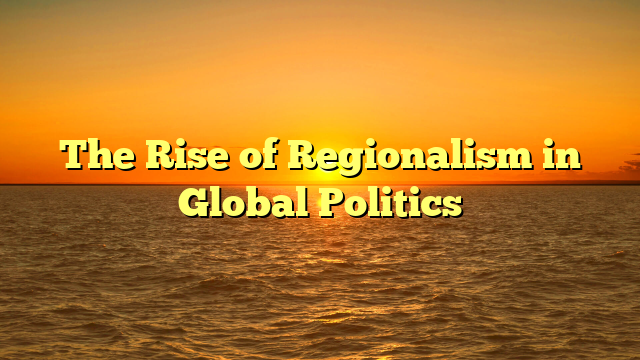As globalization faces setbacks, regionalism is gaining momentum as a powerful force in global politics. Regional organizations and alliances are reshaping how countries vikingtoto cooperate, offering new ways to address shared challenges in trade, security, and development.
The European Union (EU) remains the most advanced example of regional integration. Despite challenges such as Brexit, it continues to set standards in trade, human rights, and environmental policy. The EU’s collective bargaining power allows smaller member states to have a stronger voice in global affairs than they would individually.
In Asia, the Association of Southeast Asian Nations (ASEAN) has become an important forum for regional stability and economic growth. While it struggles with internal diversity and consensus-based decision-making, ASEAN plays a key role in managing tensions in the South China Sea and fostering economic integration.
Africa, too, is seeing a rise in regionalism. The African Union (AU) has taken steps toward continental unity, including the launch of the African Continental Free Trade Area (AfCFTA). This initiative aims to boost intra-African trade and strengthen the continent’s bargaining position globally.
Regionalism offers advantages by allowing countries to pool resources, coordinate policies, and strengthen collective identity. It provides platforms for addressing issues that may be neglected in global institutions. However, regionalism also risks fragmentation. Competing blocs can undermine global cooperation if they prioritize regional interests over collective global goals.
In conclusion, the rise of regionalism reflects both the limits of globalization and the enduring need for cooperation. As the world becomes more multipolar, regional organizations will likely play an even greater role in shaping the future of international politics.
